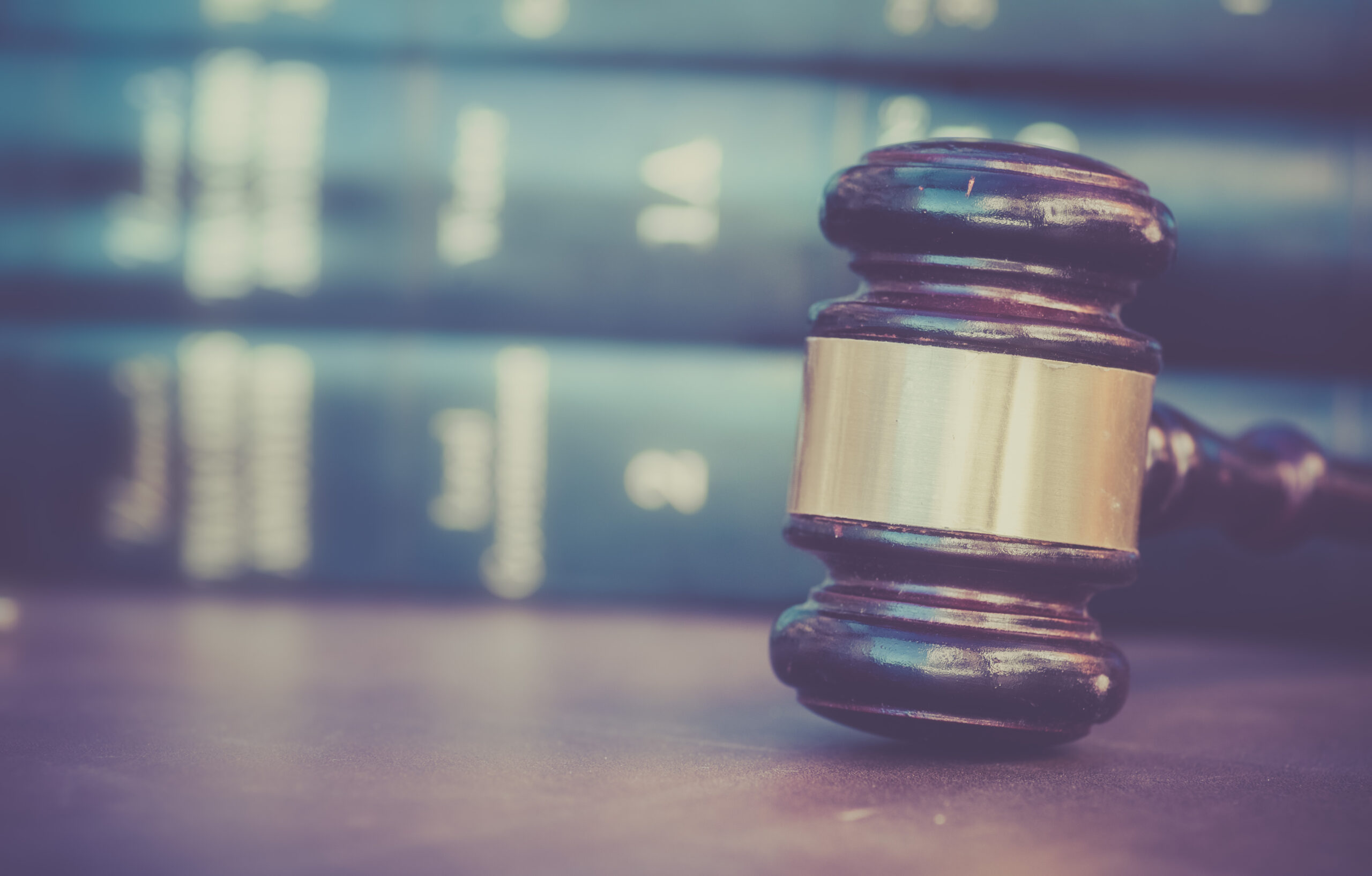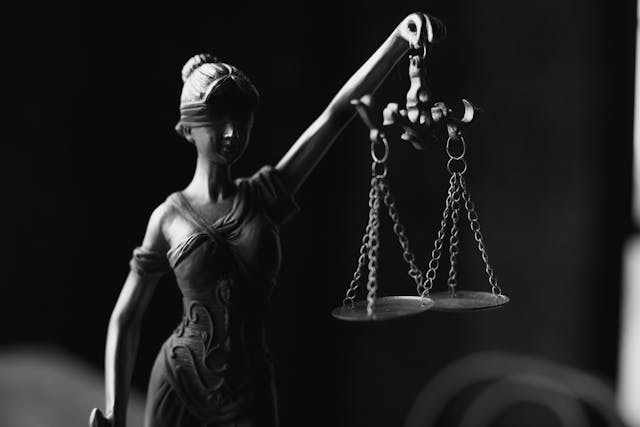Facing substantial debt often leads ot the conclusion that bankruptcy is a viable path to financial relief. However, the prospect of appearing in court before a judge can induce anxiety, causing hesitation. If this reflects your circumstances, please continue reading as we explore whether a court appearance is necessary after filing for bankruptcy in Wyoming and the vital role of our Gillette Bankruptcy Lawyers in navigating these challenging matters.
What Are My Bankruptcy Options?
Those considering bankruptcy in Wyoming have two primary filing options: Chapter 7 and Chapter 13. Chapter 7 involves the liquidation of non-exempt assets to repay outstanding debts. The process typically concludes within six months, resulting in the discharge of remaining eligible debts. To qualify for Chapter 7, applicants must first pass a “means test,” comparing their income to the average income for households of similar size in Wyoming. Eligibility is granted if the applicant’s income falls below this threshold.
Alternatively, Chapter 13 allows for the reorganization of debts into a single monthly payment, which is then distributed to creditors by the bankruptcy trustee assigned to your case. This option is suitable for those who wish to shield their assets or don’t qualify for Chapter 7. Chapter 13 repayment plans generally span three to five years, depending on the specific circumstances, and eligible debts are discharged upon completion.
Will I Have to Go to Court if I Declare Bankruptcy?
Filing for bankruptcy can be an overwhelming decision, and navigating the process often presents significant challenges. You should rest assured, however, that appearing in court is a rare occurrence for most filers.
While filing paperwork with the bankruptcy court and attending the 341(a) Meeting of Creditors are mandatory steps for everyone who declares bankruptcy in Wyoming, it’s highly probable that you will ever need to appear before a judge. This meeting typically takes place in the courthouse approximately 3-40 days after filing, overseen by the trustee, and it’s unlikely that your creditor will even be present.
In the unusual event that an issue arises with your case, a judge might request a hearing. However, in such situations, your attorney can represent your interests in court. You should note that even if you don’t have any assets to liquidate, you will still need to participate in the bankruptcy process.
Given the complexities of this legal process, securing the guidance of an experienced bankruptcy attorney is crucial. At 307 Bankruptcy, we recognize the daunting nature of these matters. That’s why our firm is committed to helping our clients navigate this process seamlessly. When you need support, your team is ready to assist. Contact us today for more information.



